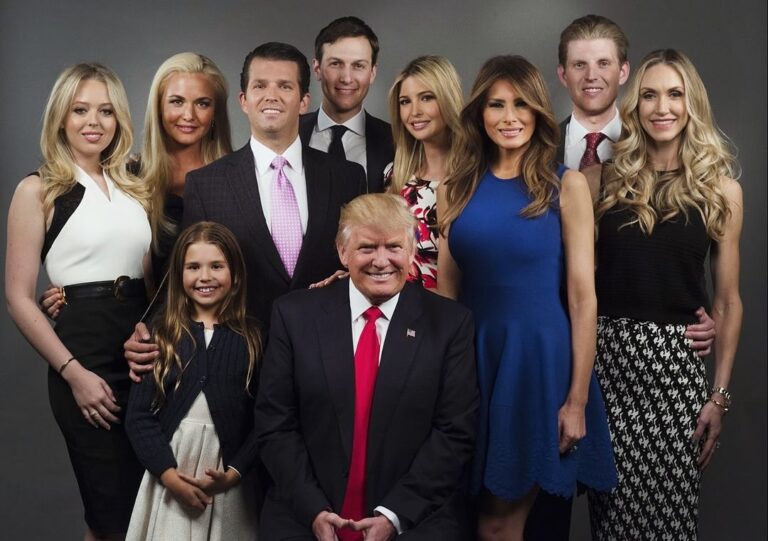Sri Lanka’s newly-elected president; a leftist against systemic bullying, Anura Kumara Dissanayaka is expected to assume office on Monday, September 23 after attaining acclamation as the holder of crest due to the feelings of the masses as a result of the economic catastrophe. This shocking political development, in which he came ahead of other candidates with as many as 1.3 million votes in a population of a little over 20 million, marks a radical change in the political affairs of the island country.
Anura Kumara Dissanayaka the most prominent politician in JVP party, which is known for its pro-left stance, likes to describe himself as a Marxist. A politician of 55 years of age has recently come to limelight following the 2022 economic downfall in Sri Lanka causing tremendous pain to millions of citizens. This economic Down turn resulted in increasing support for Dissanayaka, who has previously led two failed revolts that left many dead, millions displaced and thousands tortured.
After the result of the election was announced, Dissanayaka said, ‘I know that some of you made sacrifices for me to be here. Accept my gratitude on this victory. This is ours. Hope and expectation in the millions of people’s eyes drives us forward and together we are ready to make history of Sri Lanka in a different way.”
New President to Be Sworn
The new head of state is expected to be sworn in at the colonial-era President Secretariat of Sri Lanka in Colombo at 0900 hours local time. The current president Ranil Wickremesinghe bagged just 17 percent of the votes and therefore finished a pathetic third place on the elections that took place when Sri Lanka was facing the harshest point of its socioeconomic crises. Wickremesinghe proclaimed, “History will be the judge of my work, but having been able to achieve what I consider my best in stabilizing the country during the darkest age, I believe there is now very little more that could be done.”
Of course, before this, Wickremesinghe also congratulated Dissanayaka for the victory and expressed confidence that foreign policy will become more rational under the new president and Sri Lanka will achieve “further growth and stability”. U.S. Ambassador Julie Chung similarly summarized that United States will be “standing by ready to work together on shared priorities with the new administration.”
Dissanayaka achieved success at the end of an eight week campaign fought mainly on economic issues, with particularly Parsons growing displeasure over Wickremesinghe’s austerity measures. However one of Dissanayaka’s party members, Bimal Ratnayake informed the Nayak’s not intending to cancel the International Monetary Fund (IMF) agreement, the new president however will try to revise the terms on which it has been concluded, mainly taxes on an individual, food product or drugs.
Dissanayaka had been marginalized politically, but now with the crisis of the country he has taken the position politically to the extent of promising to change the “corrupt” political way of doing things in Sri Lanka. His style of management marks a shift within the nation as it seeks to emerge from one of its most turbulent economic phases in history.




+ There are no comments
Add yours